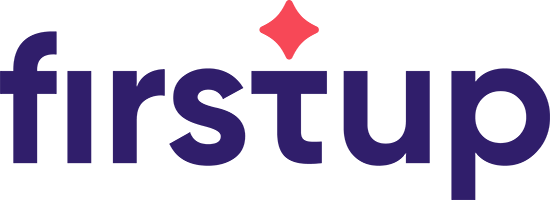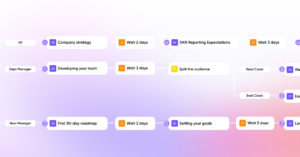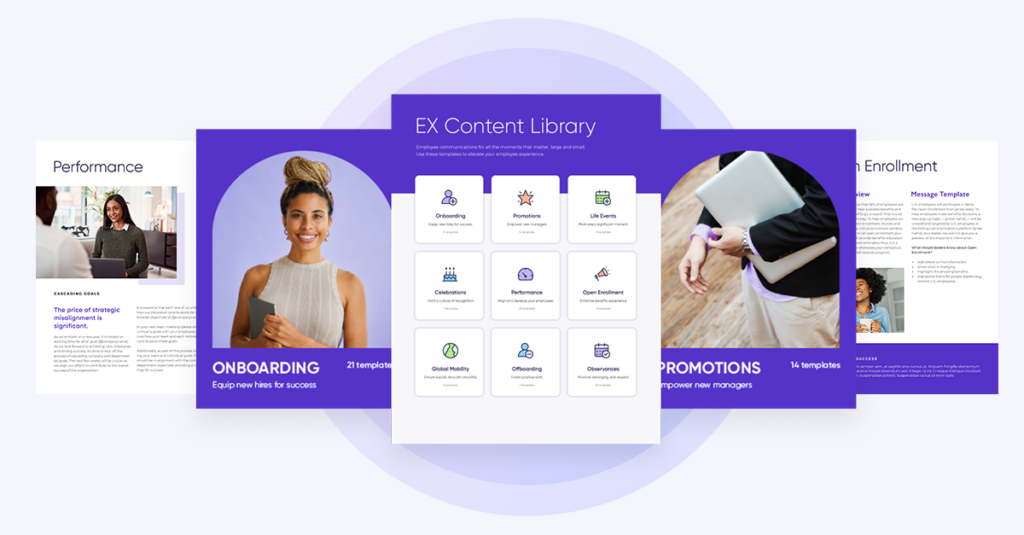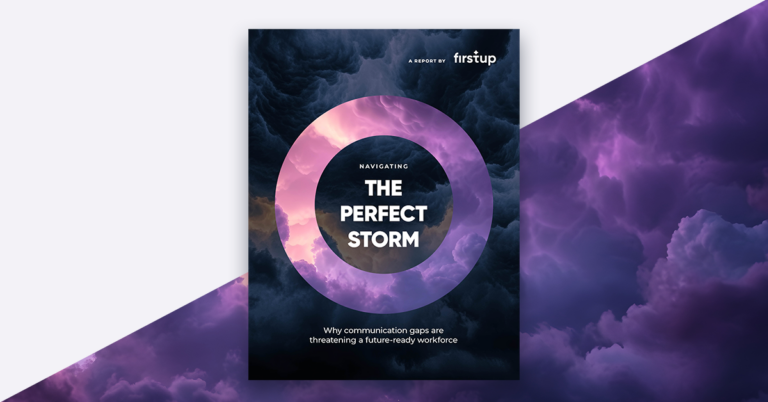What is the meaning of employee value proposition (EVP)?
Brett Minchington, the author of Employer Brand Experience, defines an employer value proposition (EVP) as “a set of associations and offerings provided by an organization in return for the skills, capabilities, and experiences an employee brings to the organization. It is an employee-centered approach that is aligned to existing, integrated workforce planning strategies because it has been informed by existing employees and the external target audience.”
A company’s EVP is what it can offer its employees in exchange for their talent, to bring value to the organization. We’ll provide some employee value proposition examples a bit later.
When potential candidates consider joining a new company, either before or after the interview process, they look at their new employer’s employee value proposition (EVP). The same can be true of current employees. EVP is the total value to the employee working for the company. EVP includes salary, benefits, training opportunities, stock values, employer brand value, and the quality of its leadership. EVP is the perception of what the employee will gain by joining the employer.
“The EVP serves to define what the organization would most like to be associated with as an employer and defines the ‘give and get’ of the employment deal (the value that employees are expected to contribute with the value that they can expect in return). EVPs have become closely related to the concept of employer branding with the EVP being used to define the underlying ‘offer’ on which an organization’s employer brand is based.”
— Andrew Collett

Elements of employee value proposition (EVP)
To attract and retain the best employees, an effective EVP will need to include more than just a decent-sized paycheck and overall compensation.
64% of organisations indicate their greatest talent challenge is attracting talent.
Brandon Hall Group
HR professionals and leaders need to understand that the best candidates expect a lot from their employers, and they will search out companies offering EVP benefits such as:
Compensation
Good compensation is a given, but bonuses, options, and regular raises will be expected as part of an EVP.
Benefits
Extensive benefits packages, including paid time off, vacation days, health insurance, retirement plans, paid parental leave options, and other different benefits, are all valuable parts of an employee value proposition.
Diversity, Equity, and Inclusion
A company culture based on diversity, equity, and inclusion. (See: DEI inclusive language glossary for more.)
Career development
Career development opportunities include additional training, tuition reimbursement, and regular promotions. Developing the career of current employees is a priority for great leaders. They are not threatened by having a dynamic team that continues to grow. They mentor their employees and get them any needed training. EVP programs will provide in-house training and pay for educational programs.
Work/life balance
A positive working environment and office that focuses on the needs of an employee, providing for such things as flexible hours, opportunities for remote work, employee well-being, a comfortable work/life balance, and modern tech.
Workplace perks
Additional EVP perks can include employee gym memberships, discount cards, free coffee, meals, snacks, team-building activities, etc.
“While no one should play favorites, it’s powerful for each team member to feel they matter and know you appreciate them and their contribution.”
— Tracy Brower, Contributing Writer, Forbes.com

Importance of employee value proposition (EVP)
An employee value proposition plays an important role in the recruitment and retention of employees. It is a vital component of attracting, hiring, and retaining top talent for a company, and can separate that company from others as being an attractive place to work. A company’s own employee value proposition shows candidates why they should apply for one job over another, and why they will be happier working at one place rather than somewhere else.
EVP is more than just monetary compensation
Once on board, an employee who feels valued, cared for, and heard tends to be part of an engaged workforce that is more productive and determined to meet a company’s mission and exceed any goals set out for them. To these employees, a strong EVP is more than just a paycheck and other financial rewards; it sets the tone for their overall employee experience.
Businesses that effectively deliver on their EVP can decrease annual employee turnover by just under 70% and increase new hire commitment by nearly 30%.
Gartner
Examples of positive EVP
A positive employee value proposition makes your company stand out amongst all other companies for finding employees and retaining the ones you already have. It shows you are concerned with their well-being, want to create a positive work environment, and better their employee experience while representing your company values.
Some positive employee value proposition examples include:
Netflix
Netflix puts its EVP right on its employment page for prospective hires to see before applying for a job. It’s a long document, but here’s a snippet:
“What makes Netflix special is how much we:
- Encourage decision-making by employees
- Share information openly, broadly, and deliberately
- Communicate candidly and directly
- Keep only our highly effective people
- Avoid rules
The thing we most value is working with talented people in highly creative and productive ways. That’s why our core philosophy is people over process, and why we try to bring great people together as a dream team. Of course, any growing business requires some process and structure. But with our people-first approach, we can be more flexible, creative, and successful in everything we do.”
Hubspot
Hubspot is another brand that exemplifies what a positive EVP should look like:
“When people ask what it’s like to work at HubSpot, you’ll usually hear the same few sentiments.
- There’s no inner circle.
- Everyone’s empowered to work autonomously.
- Diverse perspectives are celebrated.
- Employees are treated like people, not line items.
We’re building a culture where personal and professional growth are just as important as business growth. That’s why we created the HubSpot Culture Code. It shares our key values, like HEART — humble, empathetic, adaptable, remarkable, and transparent — and much more.”

“Being a good listener is absolutely critical to being a good leader; you have to listen to the people who are on the front line.”
—Richard Branson, Founder at Virgin Group
These companies communicate, via their EVP, what they are offering to their employees, and employees can review all those materials and statements when considering whether to apply for an open position.
An example of negative EVP
Tobacco companies make for great negative employee value proposition examples. Once considered huge players in the consumer packaged goods and advertising industries, their favorability waned in the 80s and 90s.
Working for them was no longer something to brag about, no matter the EVP that may offer.
Building the employee value proposition for your company
When starting to build the employee value proposition for your organization, you want to make sure you are prepared to answer the following questions that potential (and current) employees may be thinking about when deciding whether or not to apply for a position.
- Why should I work for you?
- What makes your company better than others to work for?
- Why should I apply for this job?
- What does working for you do for me?
- What can your company offer me that some other company won’t be able to?
So how do you go about answering those questions, maybe before they even get asked? Here are some helpful tips for creating your own effective EVP:
- EVP development should start where you already are. When compared to other companies, looking at what your company is already doing and what it isn’t, sets a baseline for further work.
- Ask a lot of questions. You can use employee surveys, focus groups, and maybe even ex-employees who left on good terms, about what they think you do well, and what could be improved.
- When creating your EVPs, cater them to specific jobs. Most likely, ALL propositions would not work for ALL employees. So writing several different versions for different positions is ideal.
- Promote your employee value propositions through employees, job boards, career pages, social media, etc.
- Be open to change, as job seekers and job cultures are ever-changing.
- Always be measuring effectiveness, which we will discuss below.
Belonging drives engagement
How do you evaluate the effectiveness of your EVP?
While you may have an employee value proposition in place at your organization, how do you know how effective it is?
Using KPIs
You can use data-driven KPIs, of course! Monitoring key performance indicators can help you judge how your EVP is performing. A few you may want to consider are employee satisfaction scores, traffic to (and away from) the Careers page on your website, the ratio of visitors to applicants, how long it takes you to hire for positions, cost per hire, company turnover rate(s), employee advocacy percentages, and online reviews at sites like Glassdoor.com.

“Employer branding isn’t a “set it and forget it” process. Never stop monitoring your reputation and working to improve your employer brand. That way, your company message will continue to resonate with your target talent.”
By setting a baseline for your KPIs and monitoring them over time for your EVP, you will be able to tell how effective your employee value proposition is to potential employees.
What’s the difference between EVP and employer brand?
This one often trips people up, comparing a company’s EVP to its brand. While they are connected, they are two different parts of the same ecosystem.
Employee value propositions
EVP is why people would want to come work for you rather than some other company. A compelling EVP includes some of the things we discussed earlier, like benefits, perks, culture, and opportunities for career development.
Employer brand
On the other hand, an employer brand mainly focuses on a company’s external image, messaging, and reputation. It is primarily based on the opinions and perceptions of outsiders, whether they be employees, potential recruits, or customers.
They are directly connected because your EVPs can affect your employer’s brand and how outsiders perceive it. This is where a good employee advocacy program can come into play, as employees can boost their employer brand by talking positively about their strong employee value proposition.
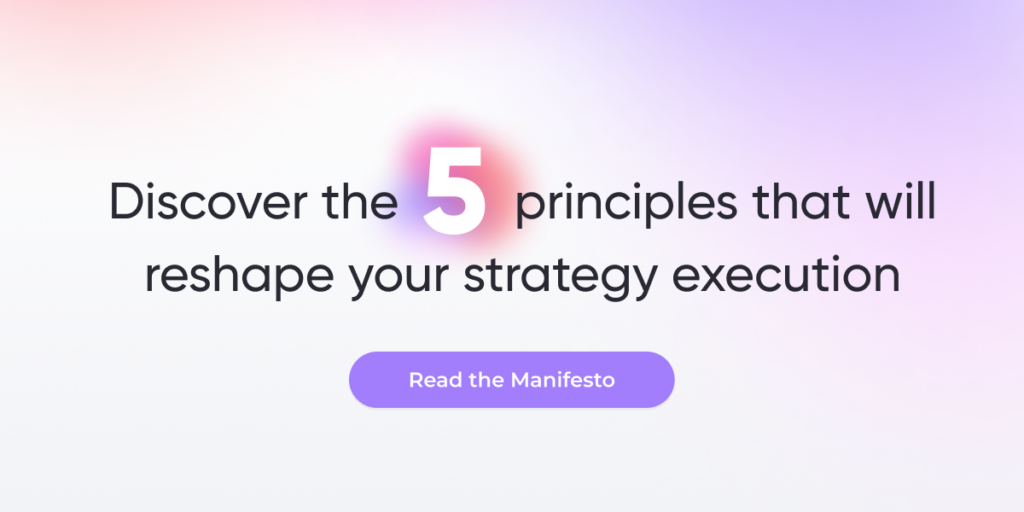
Employee value proposition (EVP): What does it all mean?
As demonstrated, the EVP is an important part of your recruiting and retention strategy. To attract (and retain) the best candidates, the employee value proposition must deliver what job seekers are looking for, making your company stand out from the competition.
Only 14% of CEOs say they have the talent they need to execute their business strategies.
Forbes
Companies are struggling to find the right talent to join their organization; set yourself above the rest by taking the time and effort needed to develop your employee value proposition. Keeping in mind that as much as a company wants to hire the best, applicants also want to work for the best will help you craft an effective EVP and be primed for success.
FAQ
An example of a strong employee value proposition is: “At our company, we offer a collaborative and dynamic work environment, opportunities for professional development and growth, and a comprehensive benefits package. Our team members are valued and supported in their careers, and we strive to create a positive and inclusive culture.”
While there are many, the five main components of EVP include compensation and employment benefits, work-life balance, career growth and development, work environment and culture, and social impact and meaningful work.
A great employee value proposition is compelling, authentic, and relevant to the employees that the organization is trying to attract and retain. To create a great EVP, an organization should focus on the key benefits and experiences that it can offer to its employees and should communicate these benefits in a way that is clear and concise.
To create an effective employee value proposition (EVP), an organization must understand the needs and preferences of the organization’s employees, identify the key benefits and experiences they can offer to its employees, communicate the EVP concisely and compellingly, and align the EVP with the organization’s overall mission, vision, and values.



